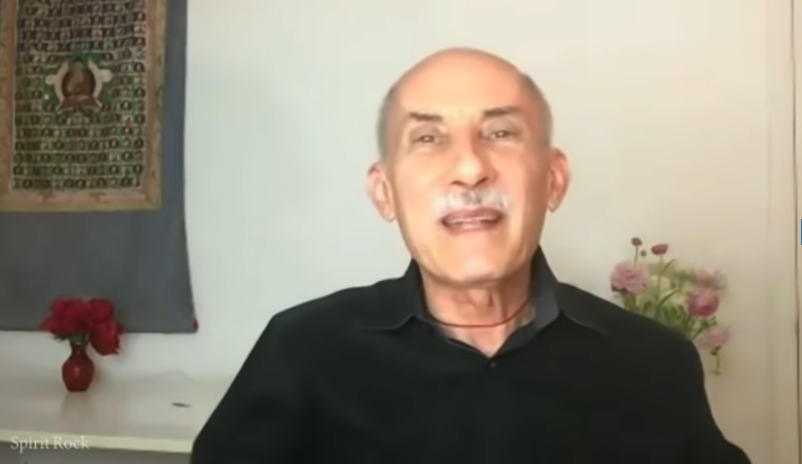From the perspective of Buddhist psychology, compassion is natural. It derives from our interconnection, which Buddhism calls “interdependence.” This can be readily seen in the physical world. In the womb, every child is interdependent with its mother’s body. If either of them is sick, the other is affected. In the same way we are interdependent with the body of the earth. The minerals of the soil make up our wheat and our bones, the storm clouds become our drinks and our blood, the oxygen from the trees and forests is the air we breathe. The more consciously we realize this shared destiny, the more compassion arises for the earth itself.
The human community is equally interconnected. Nobel Peace Prize winner Desmond Tutu puts it simply: “In Africa when you ask someone ‘How are you?’ the reply you get is in the plural even when you are speaking to one person. A man would say, ‘We are well’ or ‘We are not well.’ He himself may be quite well, but his grandmother is not well and so he is not well either. . . . The solitary, isolated human being is really a contradiction in terms.”
Fortunately, we are becoming more and more aware of our global interconnection. Every meal we eat is intertwined with the sweat of farm workers and long-haul truckers. It depends on the global climate and the earthworms in our soil, centuries of experiments in crop rotation, and scientific breakthroughs in seed selection. Its roots extend from the earliest agriculture in Mesopotamia and China.
In Buddhist psychology, compassion is not a struggle or a sacrifice. Within our body, compassion is natural and intuitive. We don’t think, “Oh, my poor toe or finger is hurt, maybe I should help it.” As soon as it is injured, we instantly respond because it is a part of us. Through meditation we gradually open the boundaries of consciousness to compassion for all beings, as if they were part of our family. We learn that even when our compassion is lost through fear and trauma, it can be reawakened. We all have moments when the openness and beauty of our Buddha nature shines. Caring floods through us like an inner angel of mercy, like green shoots forcing their way through cracks in the sidewalk.
This excerpt is taken from the book, “The Wise Heart“





